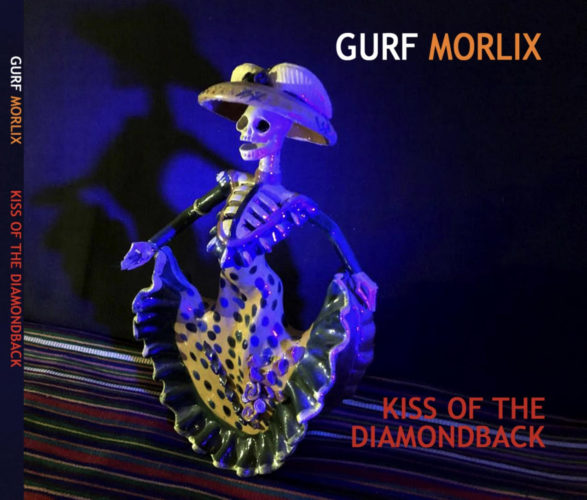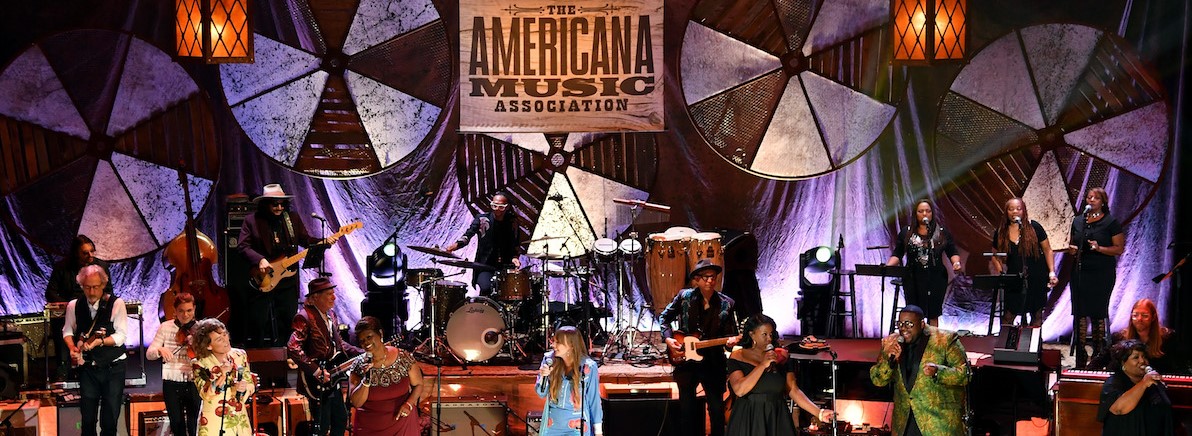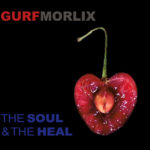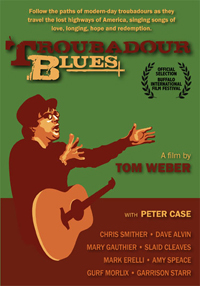By Paul T. Mueller –
Gurf Morlix made good use of the early months of the COVID crisis, producing an album titled Kiss of the Diamondback. As might be expected in a time of isolation, most of the nine songs are written from a first-person perspective, dealing with themes including love, insecurity, life’s struggles, and the search for meaning. All are filtered through the Austin singer-songwriter’s distinctive sensibilities; the overall tone is somewhat moody and dark, but with flashes of lightness and humor. And no one dies, as sometimes happens in Morlix’s stories.
A couple of songs focus on beginnings. “She said, ‘I only sleep with geniuses,’ ” / I took a half step back,” Morlix sings in “Geniuses.” (After that promising start, we never quite learn how things work out.) “We Just Talked,” not as dramatic, is an account of a quiet conversation that might escalate. “Magnetism, hard to miss / I could have leaned in any moment for a kiss,” the narrator says. “Somehow that all seemed too obvious / and we just talked.”

Existing relationships also get their due. “If You Were Perfect” is a kind of gently backhanded love song in which Morlix croons, “If you were perfect, you wouldn’t have the same allure,” his delivery accented by sweet strings. In “Reason to Live,” he declares, “I’ll go anywhere with you / Do anything you ask me to.”
A few songs take a wider view. The ominous “Water Is Risin’ ” is an impending-disaster narrative that could be a metaphor for this year’s ongoing flood of bad news. “Lookin’ for hope, but I can’t find it,” Morlix sings. “Fear in front, the unknown behind it / The rain ain’t stopped, we can’t take much more.” The uncertainty of the times is reflected in “Hard As a Hammer, Sweet As a Kiss”: “Hard as a hammer, sweet as a kiss / How did life ever come to this?”
Morlix closes with “Is There Anyone Out There?,” a dirge-like tune that seems to question the very idea of connection. “Is there anyone out there?” he intones plaintively, accompanied by slow drumbeats and the drone of a cello. “Anybody going my way? Ain’t nobody going my way.”
The album is almost a one-person project – Morlix wrote eight songs, co-wrote the other, sang all the vocals and played almost all the instruments – most notably a lot of creative guitar. He also produced, engineered, mixed and mastered the album at his studio. Other contributors include Rick Richards on drums and Gene Elders, credited with arranging and performing the string section.


 By Paul T. Mueller
By Paul T. Mueller The big event in Thursday’s Americana Music Festival schedule is the Honor and Awards show at the Ryman Auditorium. Here’s a quick look at the showcases that follow:
The big event in Thursday’s Americana Music Festival schedule is the Honor and Awards show at the Ryman Auditorium. Here’s a quick look at the showcases that follow: